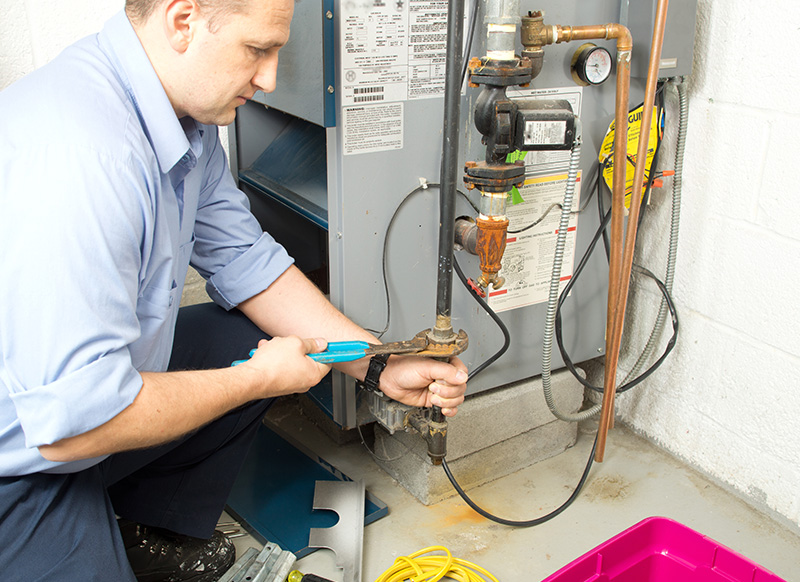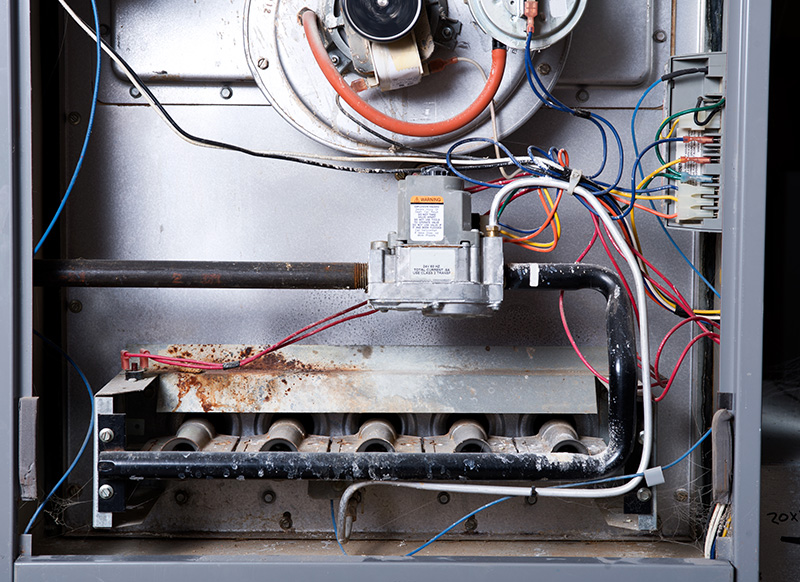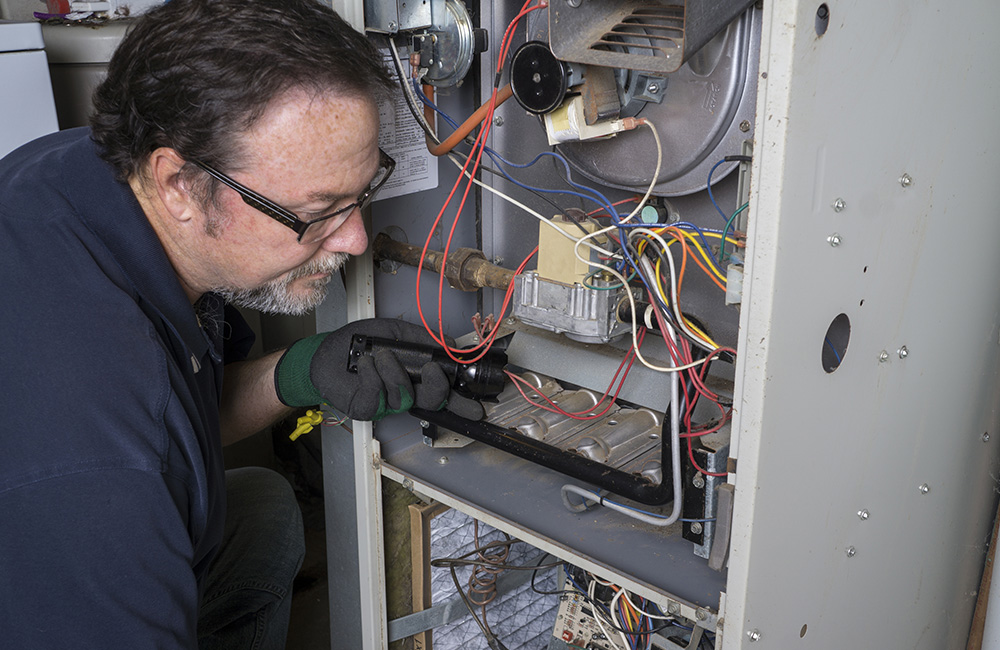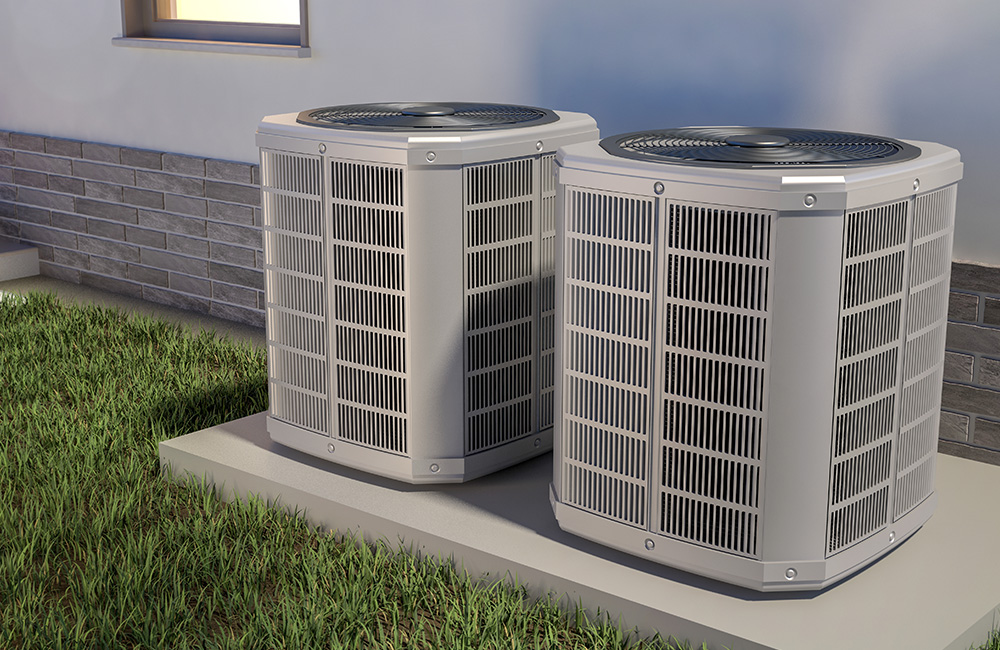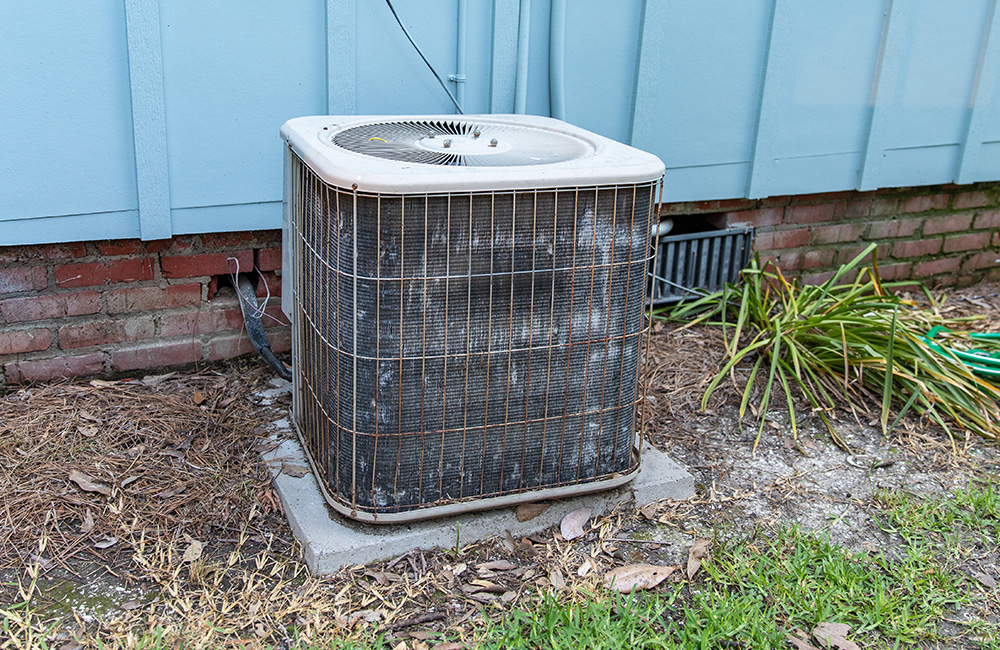In the winter, the last thing a California homeowner should be concerned about is a heating system that could fail at any moment. You won’t have to worry about this if you’ve kept up with your annual furnace repair appointments with a certified and knowledgeable technician. You can also keep your furnace in good shape if you know what symptoms to look for that your furnace is in need of repair.
At US Air Conditioning and Heating, we created a small list of issues that are common with furnaces that need repairs. This can help you get maintenance before its too late preventing costly repairs.
- Loud or Unusual Sounds
An unusual noise coming from your furnace’s cabinet, for example, may be dismissed at first. Why bother correcting it if it isn’t affecting how hot the air flowing through your vents? Because it could be an indication of something that develops into a much bigger issue in the future so it shouldn’t be ignored. A buzzing noise, for example, could signal a problem with your electrical connections, posing a fire risk. A screeching sound could indicate a worn-out fan belt that is about to snap. A malfunction with the furnace burners can cause popping or banging.
- Higher-Than-Average Utility Bills
Examine your utility bills. Are they substantially higher this year than they were last year at this time? If this is the case, it’s a clue that something in your home isn’t operating properly, and it may be your furnace!
- Short-Cycling
The term “short-cycling” refers to a procedure in which an HVAC system turns on and off quickly, never completing a full heating (or cooling) cycle. This is not only a symptom that something is wrong with your heating system, but it can also cause more problems by exacerbating wear and tear. These are just a few of the symptoms of a furnace in disrepair! If your heating system is acting up in any way, it’s never a bad idea to give our team a call at US Air Conditioning and Heating to schedule an inspection.

